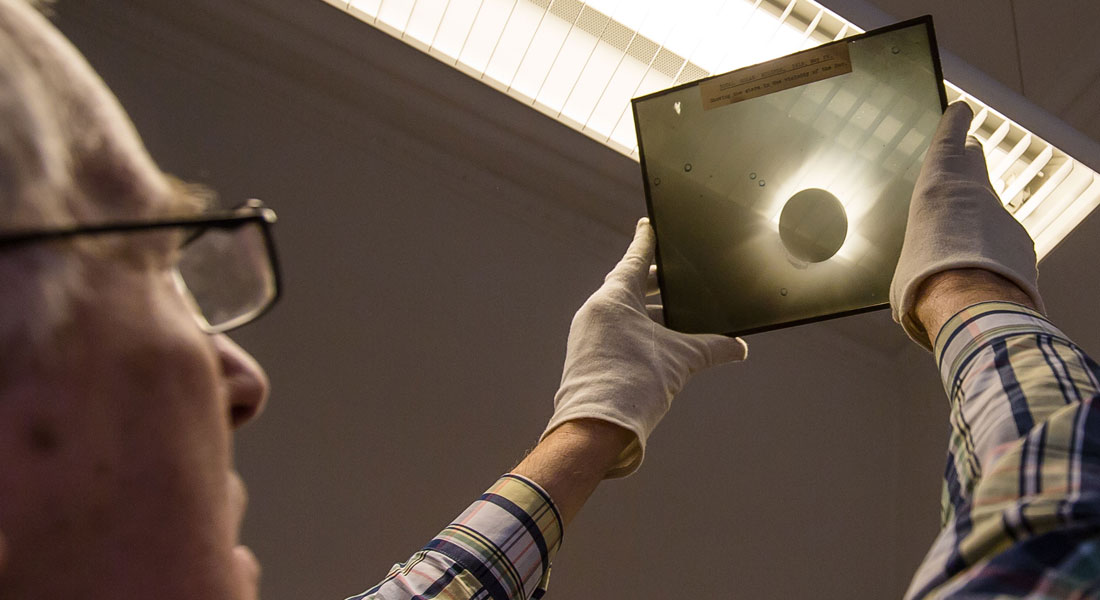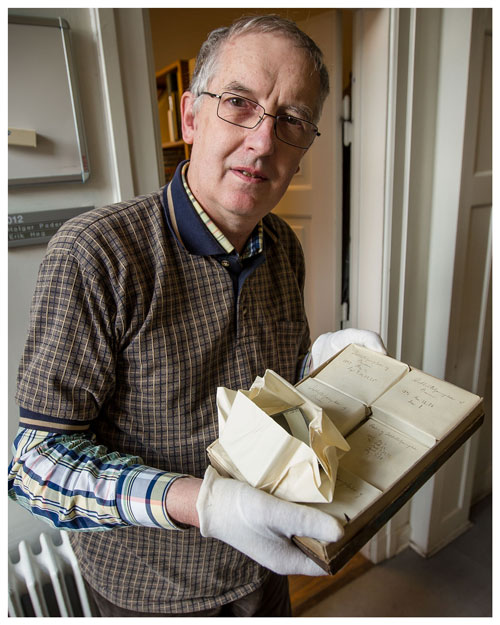NBIA Colloquium via Zoom by Holger Pedersen (NBI)

Title: The “Krasnoyarsk meteorite'': one or many?
Abstract: This Russian meteorite was the first object of extraterrestrial origin to be discovered. Ever since it was first investigated in 1772, the general belief has been that it was originally a single object, from which samples were chopped off and distributed to researchers and collectors. I shall argue that this cannot be true, and that it is in fact many meteorites.
 The first piece of evidence is that my examination of many samples, which are distributed over 75 institutions, shows that they lack traces of chisel and hammer marks to be expected if the samples originated from a single object. Second, I analyzed numerical data from 1775 and 1776 in an attempt to pin down the location of the original find. On reporting my findings to scientists in Moscow, I was invited to participate in an expedition to Siberia to search for 18th century records of the discovery and recovery of the object (or objects).
The first piece of evidence is that my examination of many samples, which are distributed over 75 institutions, shows that they lack traces of chisel and hammer marks to be expected if the samples originated from a single object. Second, I analyzed numerical data from 1775 and 1776 in an attempt to pin down the location of the original find. On reporting my findings to scientists in Moscow, I was invited to participate in an expedition to Siberia to search for 18th century records of the discovery and recovery of the object (or objects).
Unfortunately, ten people in the field for 5 nights were insufficient to resolve the puzzle: the challenge remains.
Brief bio-sketch: Holger Pedersen received his MSc.-degree from Aarhus University in 1973. From 1978 till 1988 he worked as staff astronomer at the European Southern Observatory, Chile. For a brief period of 1988-1989, he was employed by the Nordic Optical Telescope, La Palma, Spain. Thereafter he worked for the satellite astrometry project Hipparcos, c/o Erik Høeg. Since 1994, he has remained independently funded, working with optical emission from gamma ray burst sources, and the history of large meteorites.
Holger Pedersen is the receipient of the Ole Rømer-prize and the Descartes-prize. Minor planet '9266 Holger' is named after him.
To participate on Friday, click on
https://ucph-ku.zoom.us/j/61333932427
The colloquium will be introduced and moderated by Mauricio Bustamante and Evert van Nieuwenburg and we strongly encourage you to participate actively by asking questions during the talk. Mauricio and Evert will briefly remind you how this can be done just before the colloquium starts.
